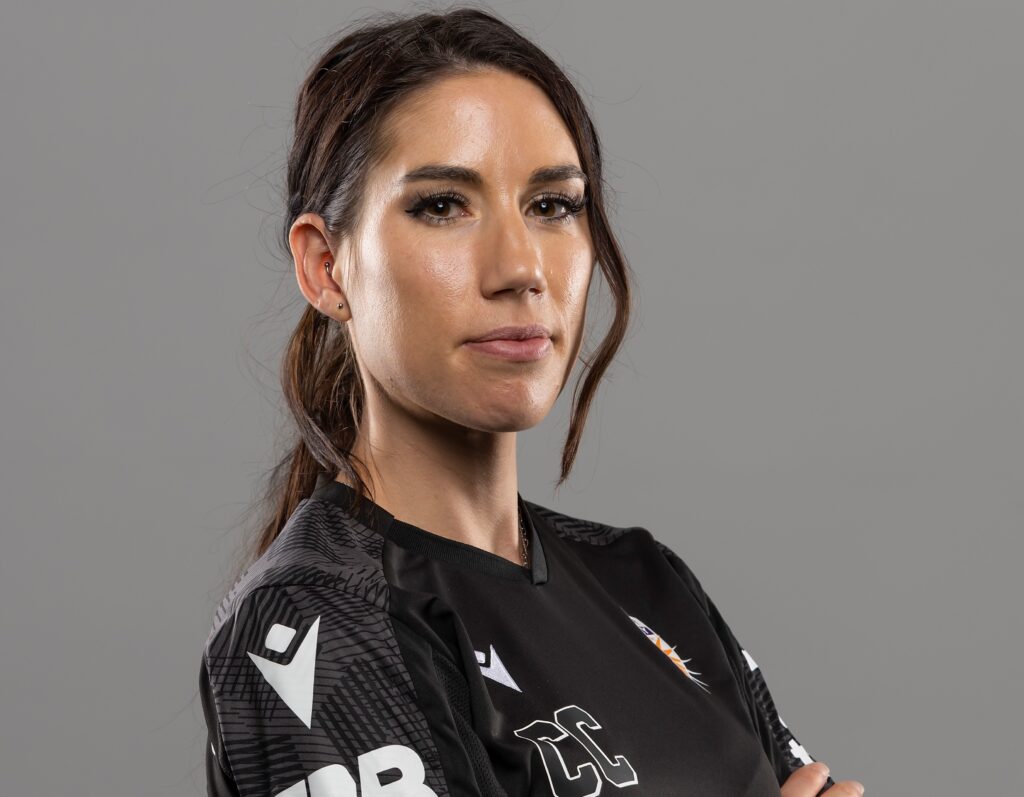Just 24 per cent of Accredited Sports Scientists and High Performance Managers are women, according to data from Exercise and Sports Science Australia, which fails to match to the significant gender equality progress that has been achieved in sport elsewhere.
And little has changed in 30 years when it comes to the proprtion of women in coaching, according to the International Journal of Sports Sience & Coaching 2023, highlighting how female coach numbers and proportions were found to be declining relative to the growing participation of female athletes 30 years ago.
The International Olympic Committee also found that the proportion of women coaches increased just 2 per cent between the 2016 Rio Olympic Games and the 2020 Tokyo Olympics, with just 13 per cent of all coaches female. Meanwhile, just seven per cent of FIFA’s coaches are women.
ESSA is now highlighting the massive gender imbalance, noting the need for urgent support, recognition and career progression needed, especially in the lead up to the 2032 Olympic Games in Australia.
ESSA says it’s time that sports entities pushed to embrace gender diversity in leadership, and have called for more opportunities for women to study sports science, exercise physiology and high performance fields to help support the growth in women’s sports.
Carmen Colomer, a high-performance practitioner with Perth Glory, has worked in professional men’s sport for more than a decade, moving from sports science to her role as Head of Performance. She says she has seen the underrepresentation of women all through her career, which leads to a lack of visible role models for women who are aspiring to work in the field.
“During my pregnancy and postpartum journey, I encountered a scarcity of women in my position who I could look up to and seek guidance from. The reality is that there are very few, if any, women in similar roles.
“Where are the women? They are deterred by the prospect of working in high-performance sport because current environments don’t foster a variety of coaching styles with diverse gender identities. There are also concerns like I faced that working in sports means sacrificing their desire to have a family with concerns when they take maternity leave about professional relevance and replaceability.”
At ESSA, former Olympian Duncan Armstong wants to encourage more women to get involved in sports science and exercise physiogy particularly in response to the increase in women’s sport. He says there is a growing demand for exercise professionals, especially following the success of the Matilda’s at the FIFA Women’s World Cup, as well as the fast-growing development of women’s rugby league, AFLW, and cricket.

